Do you often think people don’t like you? President Trump’s poor approval ratings made him wonder recently why people don’t like him: “It can only be my personality,” he concluded. Well, maybe. But there’s more to it than that. Here’s what might make you more likeable.
It got me thinking about how many of us want to be liked and respected, but no matter how hard we try, we find ourselves feeling isolated—and confused as to why. As the Gilbert and Sullivan song goes, “Everybody says I’m such a disagreeable man! And I can’t think why!”
We certainly can’t please everyone and I’m not suggesting we try. It’s important to value ourselves regardless of how we’re perceived by others. But consider if any of the following might shed light on why people might find you disagreeable —someone with whom they don’t feel safe and comfortable. If you find yourself not caring about whether you’re likable or not, perhaps what I’ve written here will help you understand why some people you know are not easy to like.
For many people, the movement from being clueless to clued-in begins by replacing the addiction to blaming, shaming, or attacking others with a capacity for courageous introspection—entertaining the distasteful, but ultimately liberating, prospect that the cause of our isolation might lie within ourselves.
Here are 3 things to consider concerning why we might push away the affection we desire.
1. Do You Show That You Care?
Wanting people to care about you is a natural desire. But to what extent do you care about others? If you’re skilled at taking— looking for what you can get without much bandwidth to notice what others want from you, then no wonder people don’t feel drawn to include you among their friends.
How often do you offer your caring attention to people? Do you inquire into what’s happening in their world or intuit what they need to feel safe and happy? Or are you quick to talk about yourself and see how they might serve you?
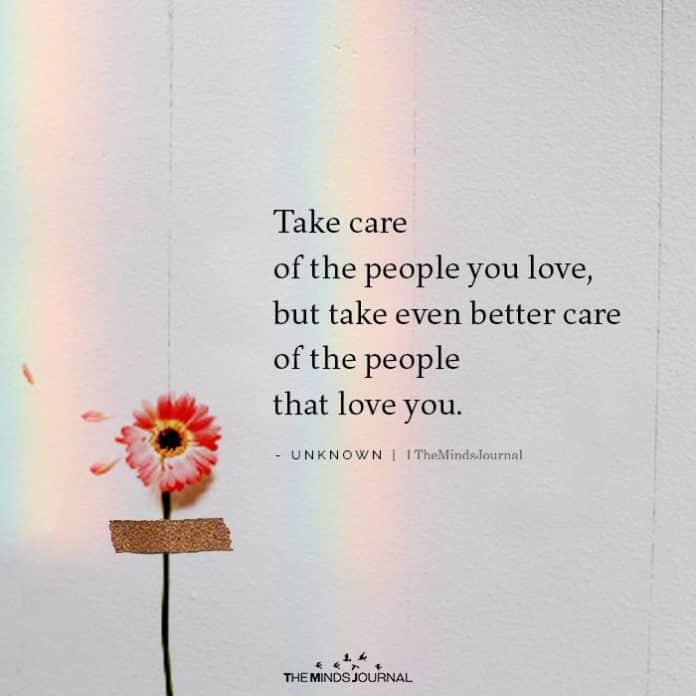
2. Do You Extend Empathy?
When you hear about another’s suffering, do you perceive it as their problem and nothing you need to be concerned about? Do you have an aversion to hearing about people’s challenges and difficulties?
Can you recognize when a person is hurting, afraid, or grieving? How close do you allow yourself to get to those feelings within yourself? Or have you tried crafting a life where sorrow doesn’t touch you?
Do you view uncomfortable emotions as a threat to the image you want to project? Might you consider tapping into an emotional strength that expands your tolerance for unpleasant feelings such as fear, hurt, or embarrassment? Doing so might make you a larger person.
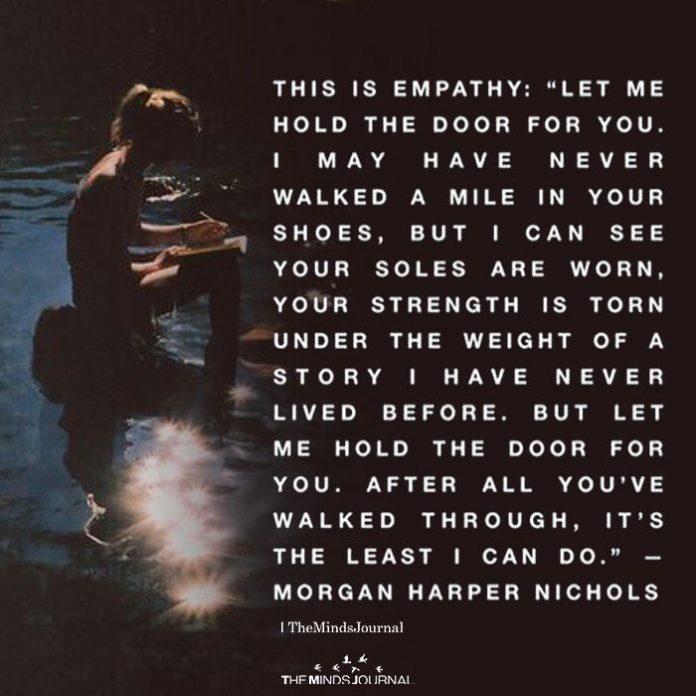
Related: What Is Hyper Empathy Syndrome? 12 Symptoms and How To Cope
The way we deal with our personal feelings determines how we respond to others. For example, if embarrassment or shame is intolerable for us, we might find ourselves attacking or judging people before even noticing the shame that’s driving us. Angry outbursts might protect us from intolerable pain—we transfer our shame to others so that we don’t have to feel it. Naturally, people won’t like us if they feel shamed.
If you experience emotions as a nuisance, you’ll turn away from them when others display them. It’s difficult to like you if you don’t register people’s feelings and respond with compassion.
A path forward is to pause before quickly responding to others, which might help you relate to them in a non-judging, non-shaming way. But in order to do that, you need to cultivate empathy toward your own vulnerable feelings. Emotions aren’t a weakness; they connect us with ourselves and each other.
Everyone grows up with their fair share of loss, failure, and adversity. Try being more sensitive to other’s struggles. This requires that you embrace your own uncomfortable feelings with kindness and acceptance. Embracing vulnerability makes you more human, potentially more kind, and more attractive to people.
3. Check Your Arrogance Level
Do you pause long enough to allow people to respond to your thoughts, views, and opinions, or do you ride roughshod over others’ sensibilities? Do you take up all the space in a conversation? Do you quickly dismiss what’s not harmonious with your pre-existing beliefs? Is it possible that they’re seeing something that you’re not?
Are you convinced that you’re always right? Are you strong enough to acknowledge that you’re wrong sometimes and to allow yourself to be influenced by others’ viewpoints? Do you cling to a rigid mindset that prevents you from changing your mind?
Arrogance is off-putting and might be contributing to your isolation. Recognizing that you could be wrong is the beginning of wisdom. Humility is attractive.
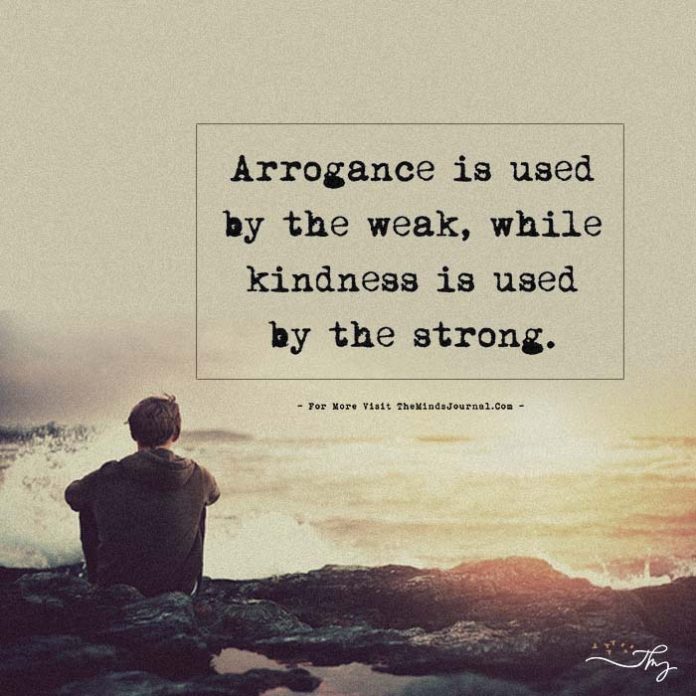
Everyone wants to feel that their feelings, longings, and humanity matter. If you can find the resilience to extend caring attention to others and honor their experience, you might find that people are naturally inclined to like you.
Try to find a harmonious balance between giving and receiving. Listen carefully and reflect back a bit of what you’re hearing. You might find that people love it, just as you do.
The path toward being liked isn’t shrouded in mystery. It often comes down to being kind, caring, and empathic toward people and experiencing ourselves as a part of the human condition, rather than someone who is special or better than others. All the great spiritual traditions teach us to love one another. Genuine spiritual leaders are loved because they loved us.
If we can reach inside ourselves and extend even a small amount of caring, gentleness, and responsiveness toward others, we’re likely to find they appreciate us for doing so, even if we don’t do it perfectly. In fact, people feel threatened by perfect people, so pretending we’re perfect is counterproductive. If we take the risk to honor and extend our imperfect self, we might be pleasantly surprised by the positive response we receive.
Written by:John Amodeo Originally appeared on: Psychology Today You may access John's free online articles with Psychology Today and check out his books by visiting his website: www.johnamodeo.com Republished with permission
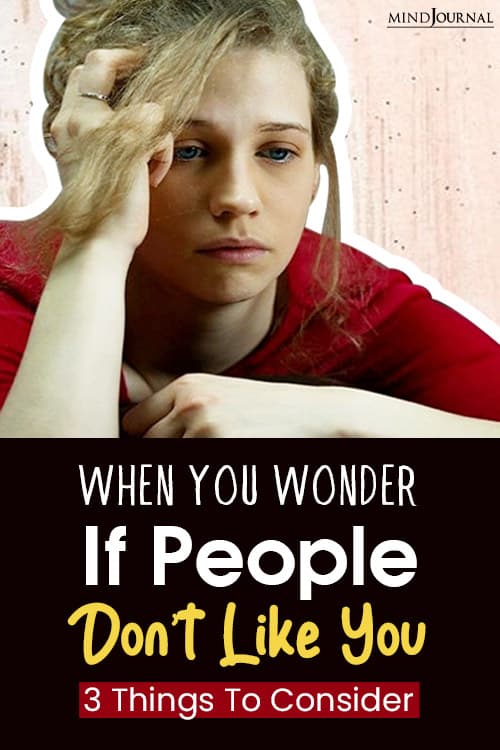
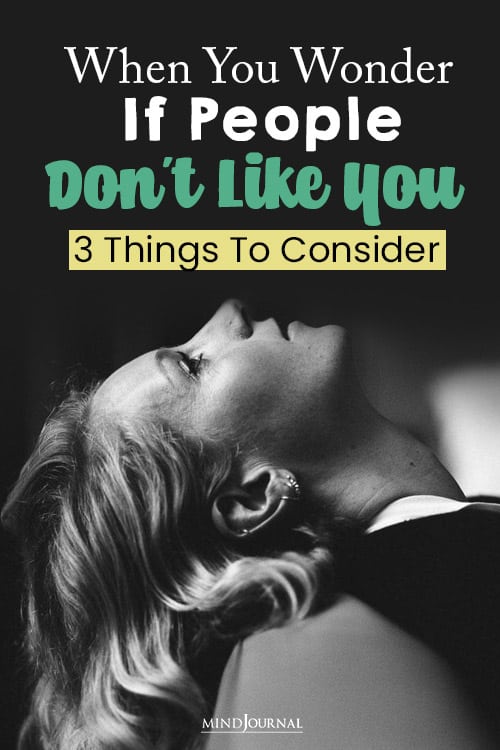
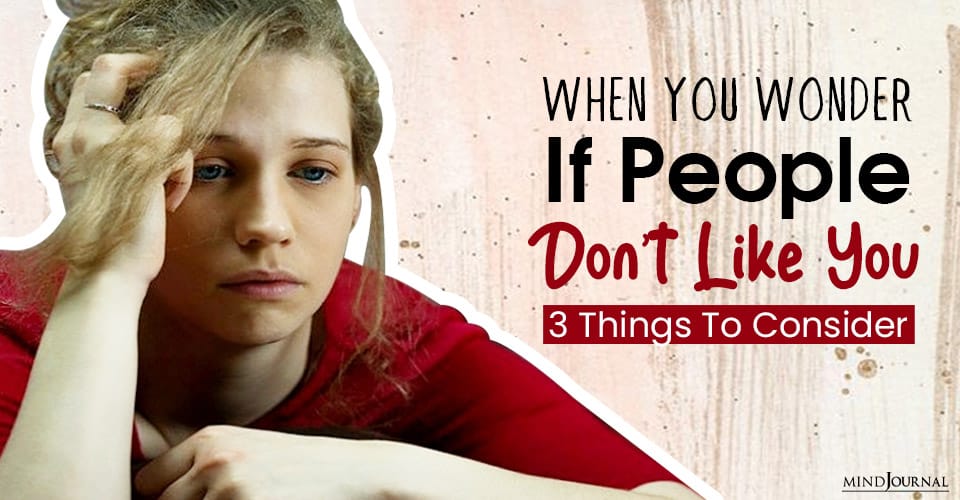
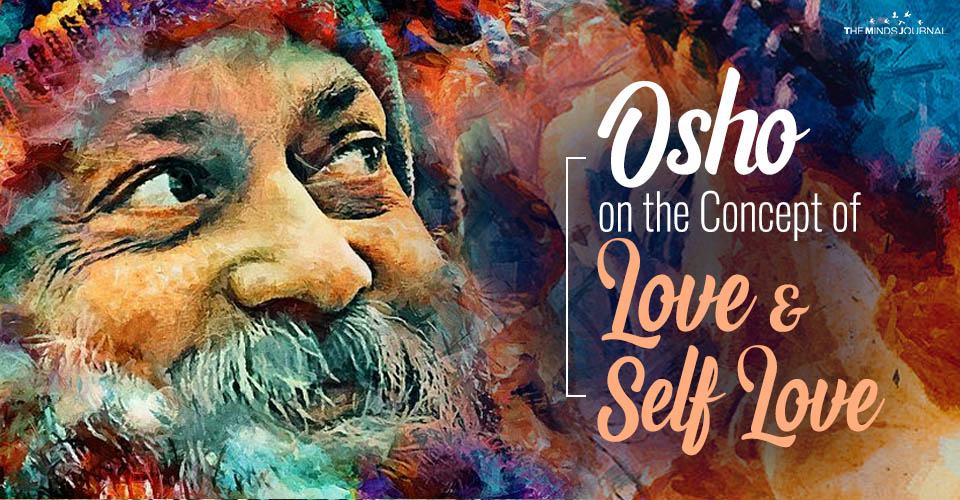

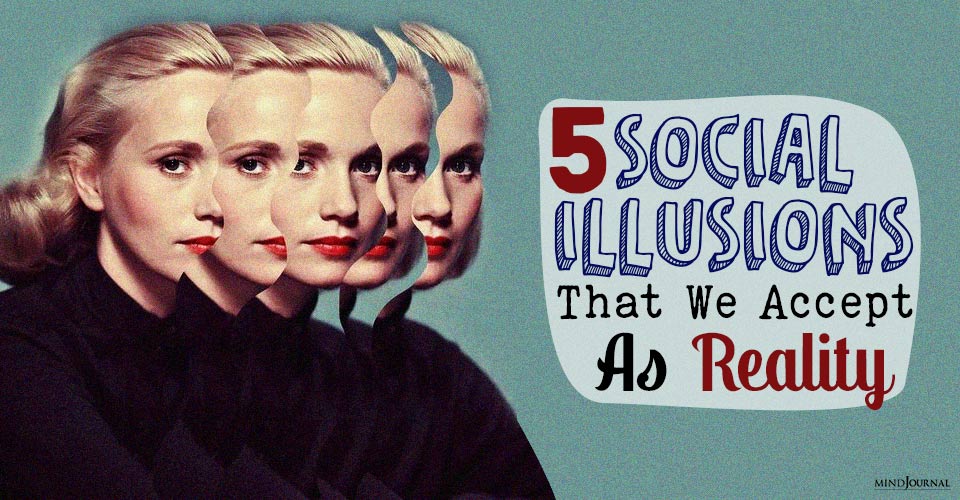
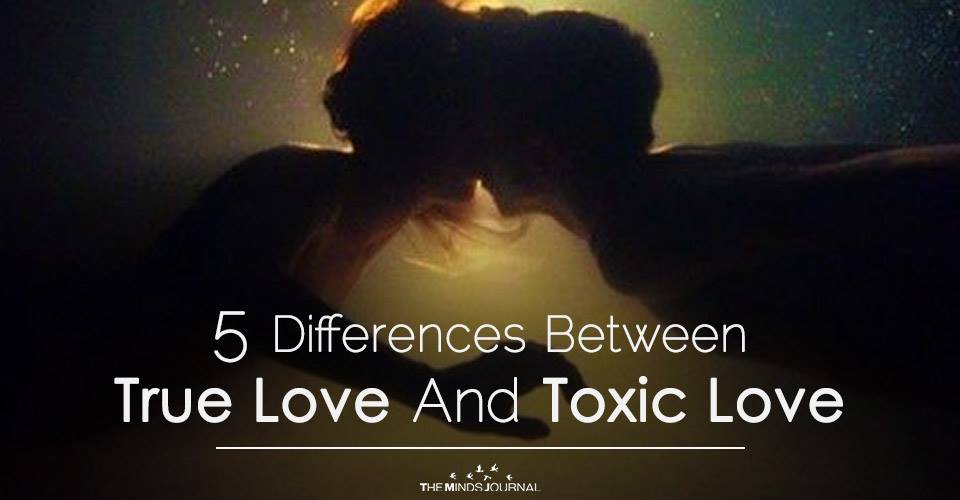
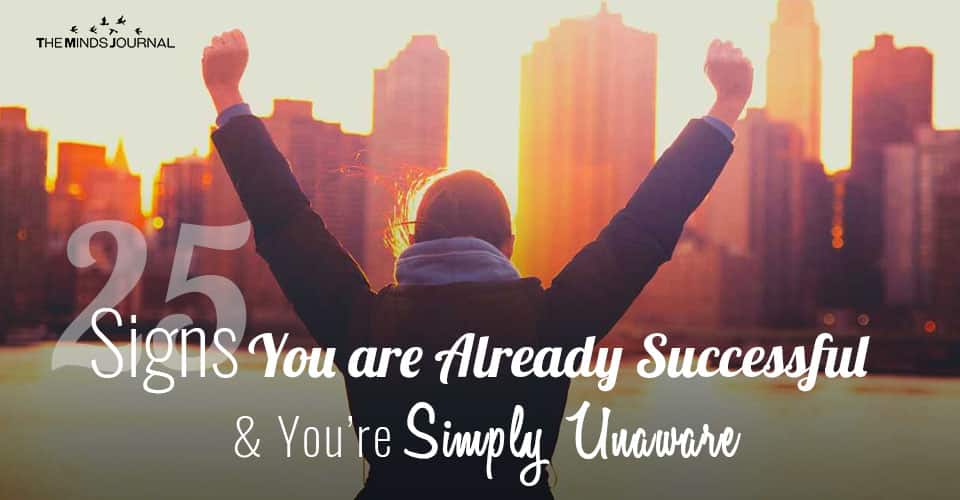
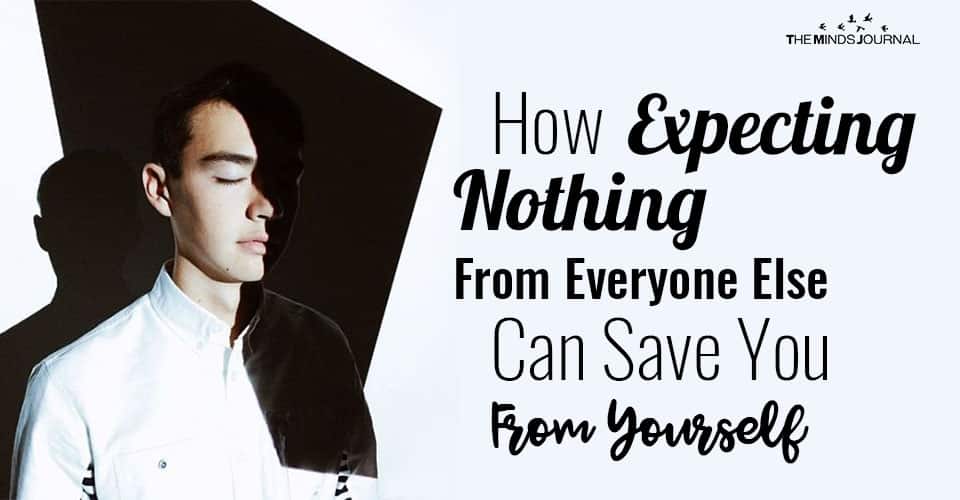







Leave a Reply
You must be logged in to post a comment.